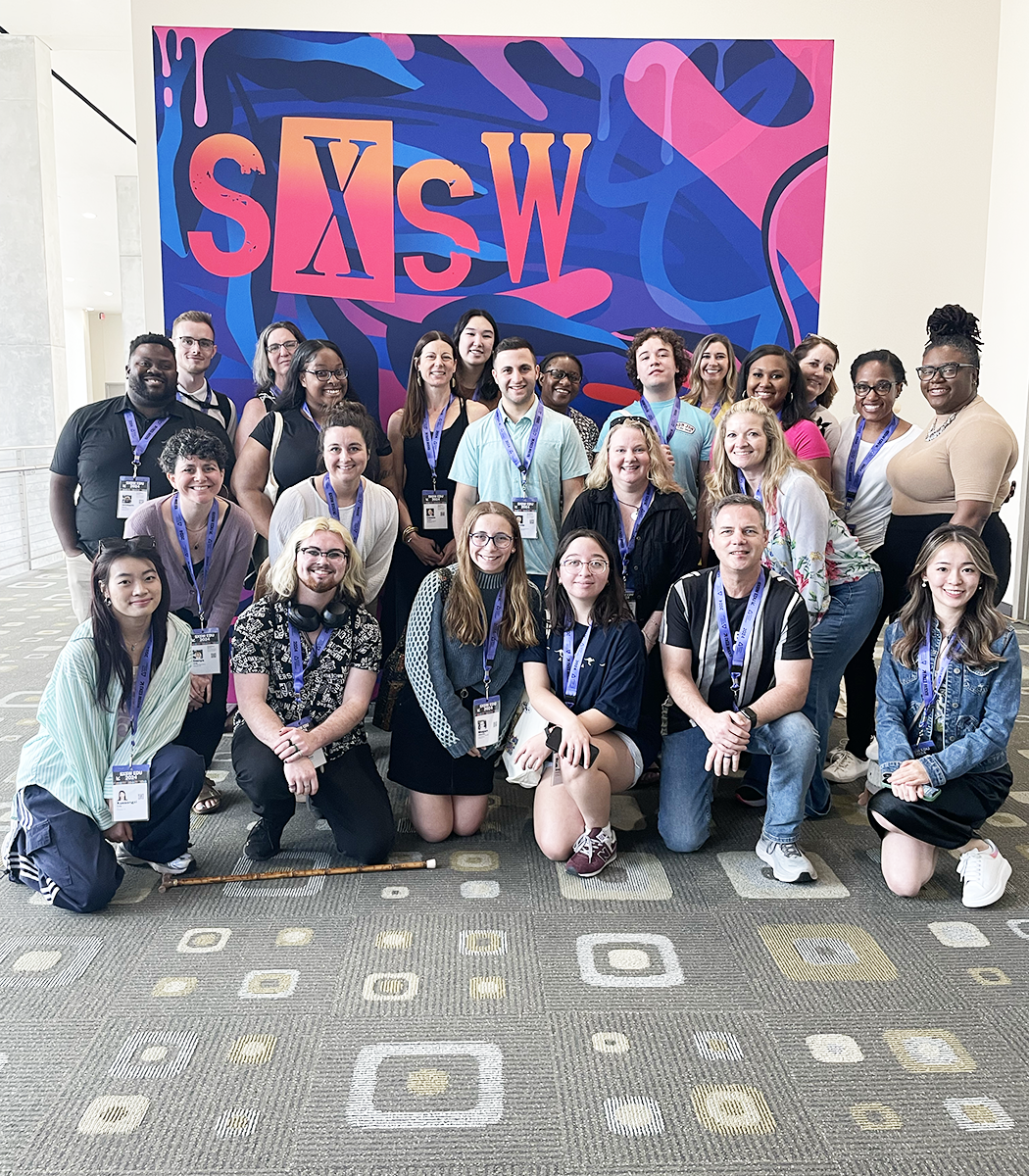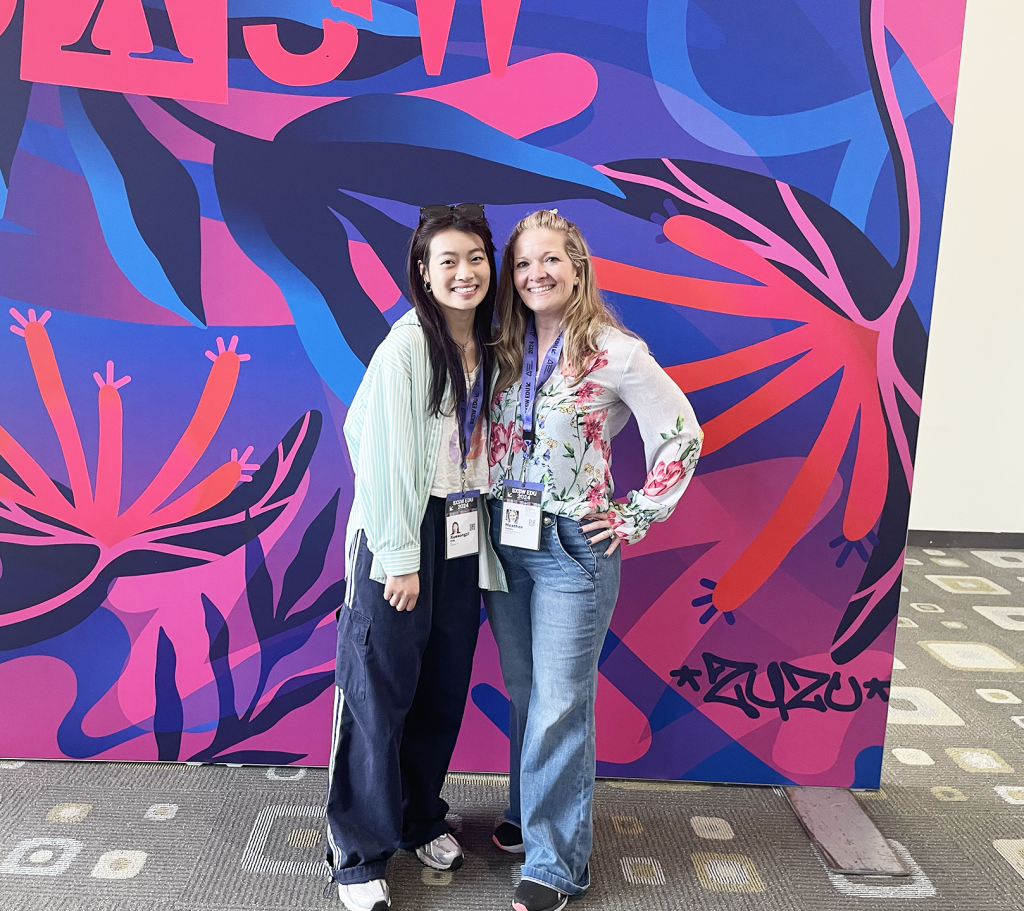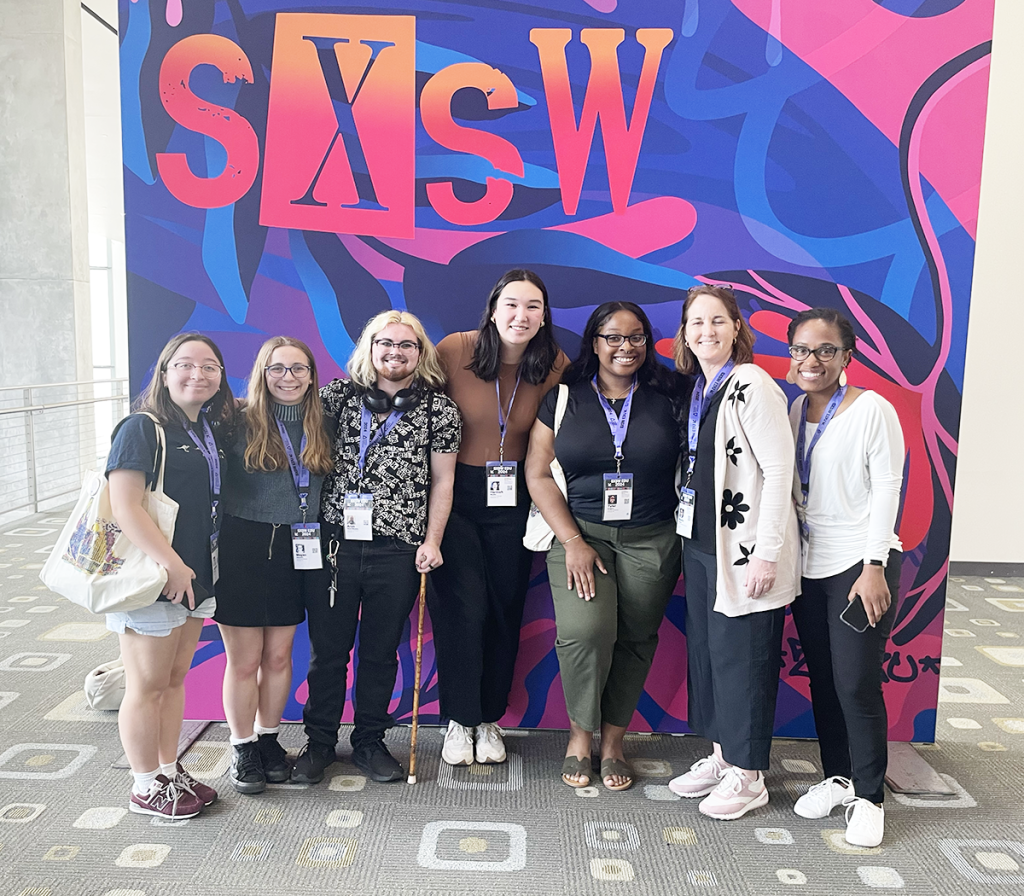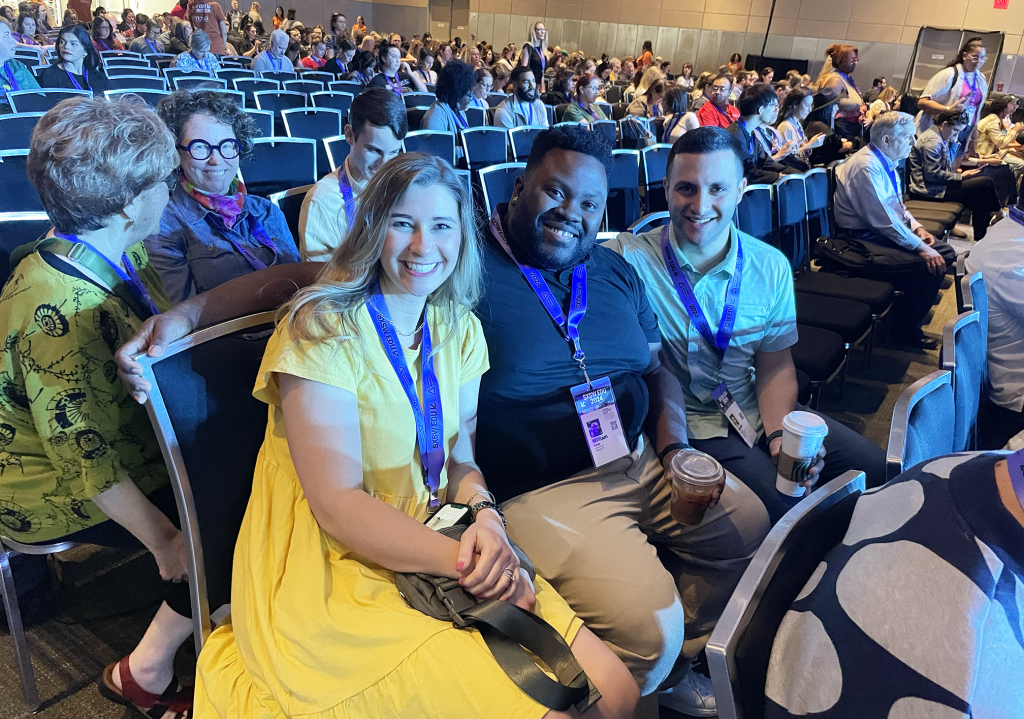
In education, Tom Ralston is a firm believer in the value of stepping out of the regular day-to-day and broadening horizons.
With that in mind, Ralston thought about ways he could help energize teaching students and professors at the University of Pittsburgh, and take them out of their regular schedules. With support from Project SEEKS SES, a wide-ranging grant partnership between the AIU, ACHD and local school districts and universities, Ralston organized a trip to SXSW EDU, a yearly education conference in Austin, Texas that runs from March 4-7.
Taking 27 people in total — with that group encompassing undergraduate, graduate and doctoral students and professors — the experience was eye-opening and reinvigorating.
“My heart is on fire for education again after hearing so many impactful sessions from professionals,” said one student.
“As an undergraduate, I never expected to be present at a conference surrounded by such amazing individuals. Not only did I gain much knowledge and experience from Pitt faculty, students, and staff, but what I learned from educators across the country is invaluable,” said another student.
Ralston, an assistant professor and director of the Forum for Western Pennsylvania School Superintendents at the University of Pittsburgh, said he’s been to SXSW EDU before, and was blown away by the breadth of the conference. According to the SXSW EDU website, the conference features “renowned speakers, thought leaders, and industry experts” and covers “a wide range of topics, providing attendees with valuable insights, inspiration, and actionable takeaways to drive positive change in education.”
“It’s a really good conference. It has a wide variety of different workshops, presenters and speakers. There’s something there for everyone, and it leads you to have a really diverse audience,” said Ralston.
“I’m trying to energize our students and faculty. It’s rare that folks have the opportunity to go to a conference like this, especially students.”
Over the course of the trip, Ralston said he was focused on consuming a number of workshops, especially focusing on social and emotional learning. Among workshops that stuck out to Ralston, one speaker focused on the value of bringing comedy to teaching, while another talked about how to ensure that neurodivergent students are cared for in the classroom. One student raved about hearing from Kimberle Crenshaw, an American civil rights advocate and a leading scholar of critical race theory.
“We came home with really solid tools,” Ralston said.
With such a diverse group of students and professors on the trip, Ralston said an added bonus was the relationship building that formed, uniting students and professors that might not usually engage with each other.
“It was really interesting. We saw this organic relationship building among our group. People who didn’t know each other got to know each other really well over the four days we were there. They built some really solid relationships that I think will continue in the future,” Ralston said.
Now that attending students and professors have had a chance to marinate on what they learned over the trip, Ralston is hopeful and confident that the conference will act as a tool for inspiration. At its core, that was the main point of the trip, to not just provide a unique opportunity to attend such a large conference, but to springboard students and professors in their learning and teaching.
“For the professors, I hope that it has some impact for the classes they teach. For the students, it could be inspiration for the work ahead of them and further work they plan to do,” Ralston said.
“I’ve always believed that we have to get out of our own area to learn more and to hear other perspectives. This provides a whole different lens to look through. I think it’ll be a huge inspiration for them.”



